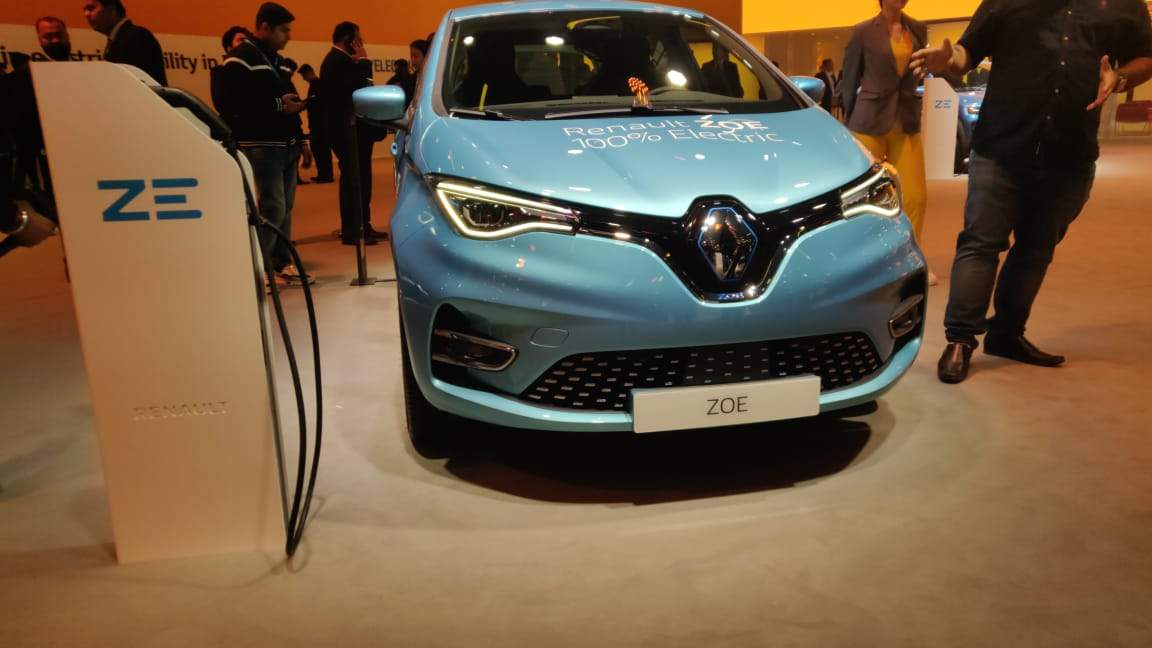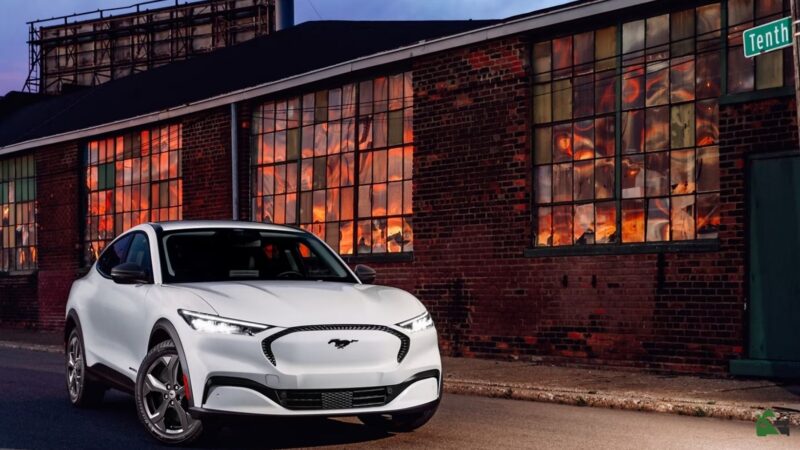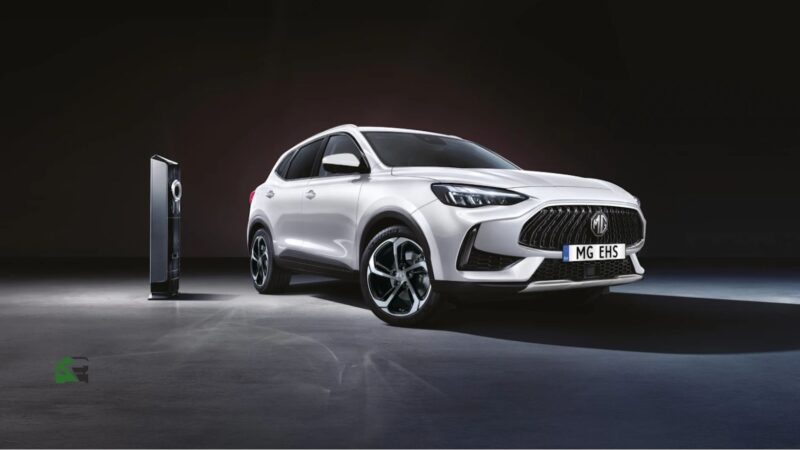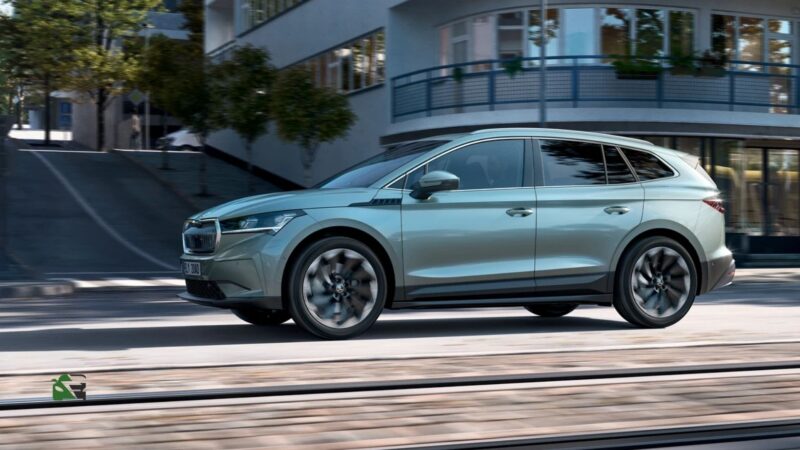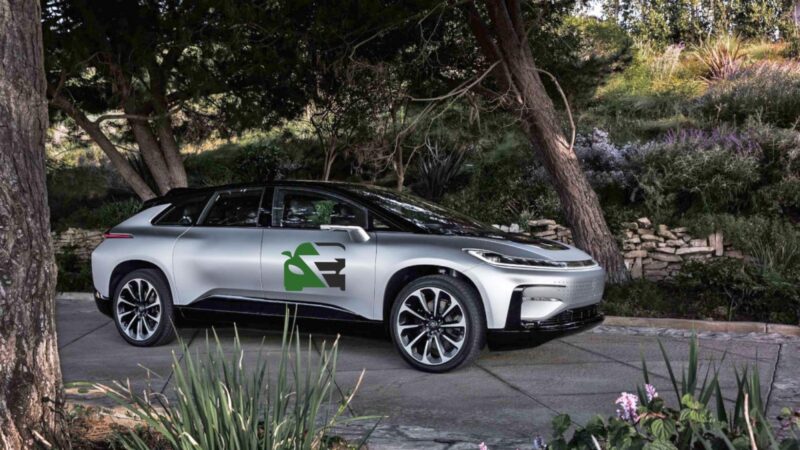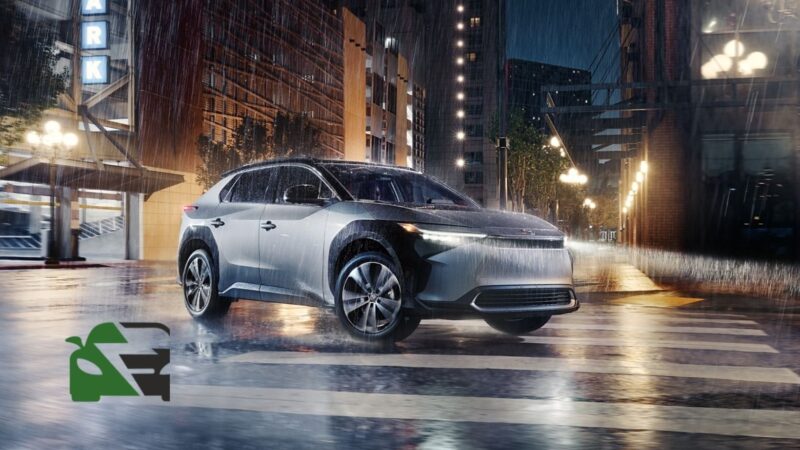Upcoming Electric Cars Under 10 Lakh Rupees
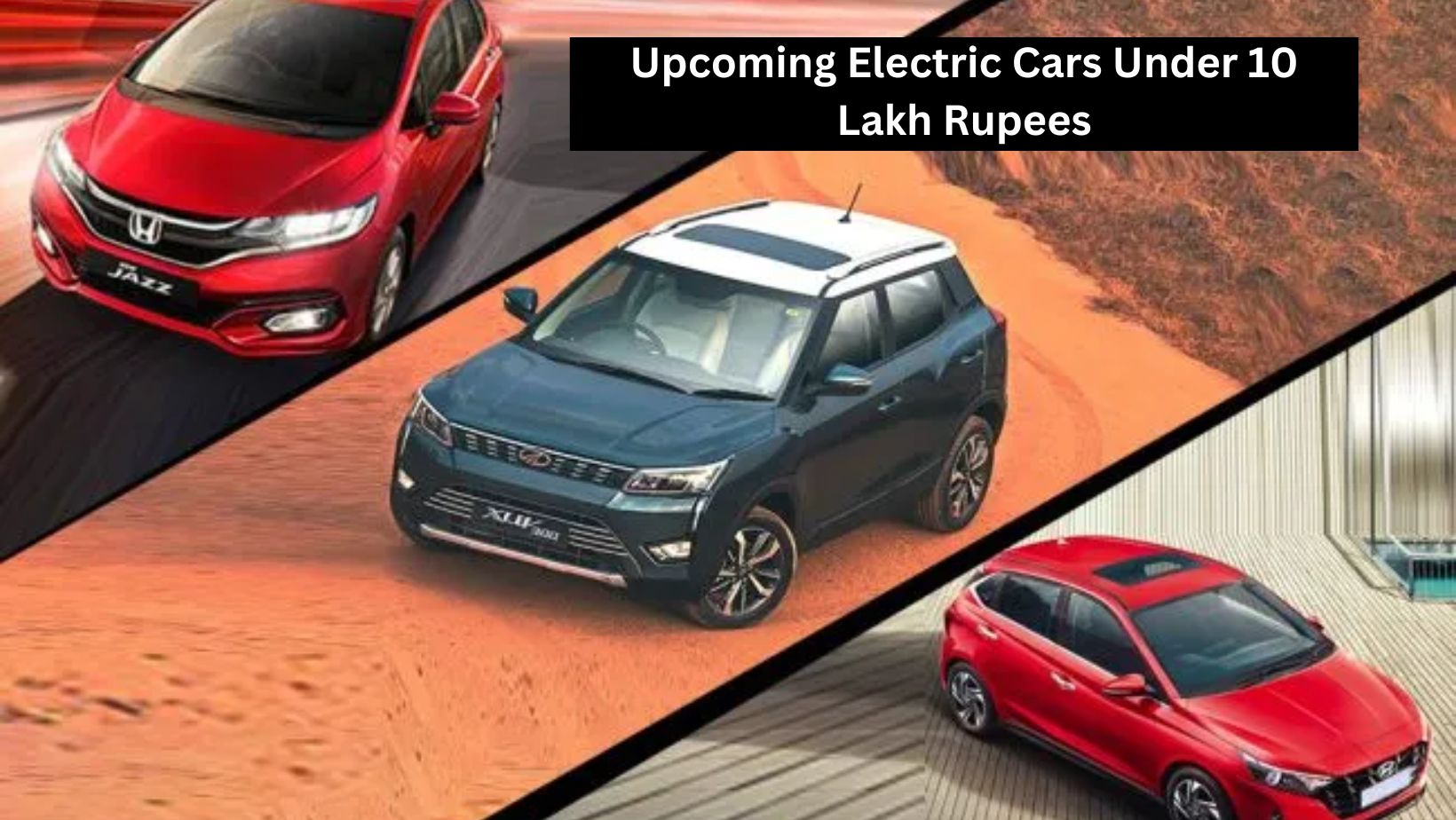
In the dynamic terrain of the automotive sector, the rising favorability of electric vehicles (EVs) stands out as a narrative that shapes the industry. With the global shift towards sustainable and environmentally conscious transportation, the affordability of electric cars has positioned itself as a pivotal catalyst in fostering extensive acceptance.In this extensive exploration, we delve into the realm of upcoming excellentelectricar electric cars priced under 10 lakh rupees, unraveling the innovations, features, and the potential they hold in reshaping the future of mobility.

Read more.. Fire Up the Rumor Mill: Subaru Concept Car Pays Homage to Rallying Legacy
The Electric Revolution Unveiled
1. Affordability as the Key Driver:
The accessibility of electric cars has long been hindered by the perception of high costs. However, the upcoming electric cars under 10 lakh rupees challenge this notion, aiming to democratize electric mobility. This shift towards affordability is instrumental in making EVs a viable option for a broader spectrum of consumers.
2. Diverse Lineup of Anticipated Models:
Several automotive giants are gearing up to introduce budget-friendly electric cars, each promising a unique blend of performance, features, and sustainability. From established players like Tata Motors and Mahindra to global brands like Hyundai and Nissan, the lineup is diverse and promising.
3. Tata Altroz EV:
Tata Altroz, a well-established name in the Indian automotive scene, is set to make a mark in the electric segment with the excellentelectricar Altroz EV. Combining the practicality of a hatchback with the benefits of electric power, the Altroz EV is anticipated to offer a commendable range and features, all within the budget-friendly threshold.
4. Hyundai AX1 Electric:
Hyundai, known for its commitment to innovation, is venturing into the affordable electric car space with the Hyundai excellentelectricar AX1 Electric. This compact electric SUV is poised to offer a stylish design, advanced features, and Hyundai’s signature reliability, making it an exciting prospect for eco-conscious consumers.
5. Nissan Magnite EV:
Nissan, a global player in the automotive industry, is set to electrify its popular model, the Magnite, with the excellentelectricar Nissan Magnite EV. Retaining the sporty and robust design of the original Magnite, the electric variant is expected to bring a new dimension to the budget-friendly electric car market.
6. Mahindra eXUV300:
Mahindra, a stalwart in the SUV segment, is expanding its electric portfolio with the excellentelectricar Mahindra eXUV300. Building upon the success of the XUV300, this electric variant is expected to offer the ruggedness of an SUV coupled with the benefits of zero-emission driving, catering to the preferences of Indian consumers.
7. Renault Kwid Electric:
Renault, known for its practical and stylish vehicles, is set to electrify the popular Kwid model with the excellentelectricar Renault Kwid Electric. With its compact design and Renault’s focus on affordability, the Kwid Electric aims to make electric driving a reality for budget-conscious consumers.
Key Features and Innovations
1. Range and Performance:
One of the critical considerations for any electric vehicle is its range and performance. The upcoming electric cars under 10 lakh rupees are designed to address the daily commuting needs of the average consumer, with competitive ranges that make them practical for urban and suburban lifestyles.
2. Technology Integration:
From advanced infotainment systems to smart connectivity features, these electric cars are not just environmentally friendly but also tech-savvy. The integration of cutting-edge technology enhances the overall driving experience, appealing to a generation accustomed to seamless connectivity.
3. Charging Infrastructure Compatibility:
An integral element within the electric vehicle framework involves the charging infrastructure. Acknowledging the imperative for a resilient charging network, manufacturers are cognizant of the necessity to ensure upcoming electric cars are adaptable to diverse charging solutions, encompassing home charging, workplace charging, and public charging stations.
4. Affordability without Compromise:
The affordability factor doesn’t translate to a compromise on features or build quality. These upcoming electric cars aim to provide a holistic driving experience without sacrificing key elements that consumers expect from modern vehicles.
Driving Forces Behind the Shift
1. Environmental Consciousness:
The global call for environmental conservation has become more urgent than ever. As nations commit to reducing carbon footprints and combating climate change, the automotive industry is responding by offering sustainable alternatives. The upcoming electric cars under 10 lakh rupees align with this environmental consciousness, providing an eco-friendly choice for the masses.
2. Government Support and Incentives:
Governments worldwide are recognizing the pivotal role of electric vehicles in achieving sustainability goals. Incentives, subsidies, and supportive policies are making electric cars more attractive to consumers. The upcoming electric cars benefit from these initiatives, making them financially appealing to potential buyers.
3. Innovations in Battery Technology:
At the core of every electric vehicle lies its battery technology. Persistent progress in this domain has not merely extended the range of electric cars but has also played a pivotal role in reducing overall costs. The forthcoming models are anticipated to showcase advanced and durable battery systems, pushing the boundaries of efficiency.
4. Competitive Dynamics and Pioneering Solutions:
Within the dynamic realm of the automotive industry, market competition is a catalyst for innovation. The influx of numerous contenders into the realm of affordable electric cars has sparked a race to deliver unparalleled features, optimal performance, and exceptional value for consumers. This spirited competition not only stimulates innovation but also acts as a driving force behind cost reductions, ensuring a mutually beneficial scenario for consumers.
Challenges and Considerations
1. Charging Infrastructure Development:
An indispensable element within the electric vehicle ecosystem involves the charging infrastructure. Acknowledging the imperative for a resilient charging network, manufacturers are increasingly attuned to this requirement. Anticipated electric cars on the horizon are poised to seamlessly integrate with a spectrum of charging solutions, encompassing home charging, workplace charging, and public charging stations.
2. Consumer Awareness and Acceptance:
Despite the increasing popularity of electric cars, there is a need for heightened consumer awareness. Many potential buyers may still harbor reservations about electric vehicles, ranging from concerns about range anxiety to misconceptions about charging times. Educating consumers and dispelling myths are crucial for widespread acceptance.
3. Total Cost of Ownership:
Although the initial expenses for electric cars are becoming more competitive, purchasers must account for the holistic ownership costs. This encompasses aspects like maintenance expenditures, insurance, and charging outlays. Grasping the extended financial implications is crucial for making well-informed decisions.
4. Regulatory Framework:
The regulatory environment plays a significant role in shaping the adoption of electric vehicles. Clear policies, incentives, and a supportive regulatory framework contribute to the success of electric cars. Governments need to continue refining and expanding their policies to encourage the transition to electric mobility.
The Road Ahead: A Green Journey for All
As the automotive industry hurtles towards a greener future, the upcoming electric cars under 10 lakh rupees symbolize a pivotal moment in this transformative journey. Affordable, sustainable, and technologically advanced, these electric cars hold the promise of revolutionizing how we perceive and engage with transportation.
1. A Paradigm Shift in Urban Mobility:
The compact design and urban-friendly features of these electric cars make them well-suited for the challenges of urban mobility. From navigating congested city streets to providing efficient solutions for short-distance commuting, these cars are poised to redefine urban transportation.
2. Effect on Air Quality and Community Health:
The emission-free characteristics of electric vehicles play a substantial role in enhancing air quality. With the increasing prevalence of these cars, particularly in densely populated urban regions, the decrease in tailpipe emissions has a favorable influence on public health, mitigating respiratory problems linked to vehicular pollution.
3. Economic Benefits for Consumers:
The affordability of these electric cars translates into economic benefits for consumers. Lower operating costs, coupled with potential government incentives, make electric cars an attractive and cost-effective choice over the long term. The savings on fuel and maintenance contribute to the overall financial appeal.
4. Industry-wide Transition Towards Electrification:
The introduction of budget-friendly electric cars signifies a broader industry-wide shift towards electrification. As more manufacturers invest in electric vehicle technology, the options for consumers will continue to expand, fostering a transition from traditional internal combustion engine vehicles to cleaner and greener alternatives.
5. Global Collaboration for Sustainable Mobility:
The push towards sustainable mobility extends beyond individual countries. Manufacturers, governments, and environmental organizations are increasingly collaborating on a global scale to create a sustainable and interconnected network of electric vehicles. This collaborative effort aims to address challenges such as standardization of charging infrastructure and shared best practices.
Conclusion: Paving the Way for an Electric Tomorrow
In conclusion, the imminent arrival of upcoming electric cars under 10 lakh rupees marks a significant stride towards a sustainable and electric future. The amalgamation of affordability, technology, and environmental consciousness positions these cars as catalysts for change in the automotive landscape.
As individuals eagerly anticipate the chance to adopt electric mobility without straining their finances, the industry finds itself on the verge of a revolutionary period. The path forward transcends mere vehicular efficiency and quiet wheel rotations; it embodies a shared expedition toward a tomorrow where sustainable transportation is not a privilege but a pragmatic and attainable certainty for everyone.
In the automotive sector, the storyline is evident – the future unfolds with an electric hue, inviting us all to partake in the venture toward a future that is not only greener and cleaner but also more sustainable.
Frequently Asked Questions (FAQs) – Upcoming Electric Cars Under 10 Lakh Rupees
Which electric cars are expected to be priced under 10 lakh rupees?
A: Anticipated models include the Tata Altroz EV, Hyundai AX1 Electric, Nissan Magnite EV, Mahindra eXUV300, Renault Kwid Electric, and more.
What makes these electric cars affordable?
A: These electric cars are designed with affordability in mind, leveraging advancements in technology, government incentives, and cost-effective manufacturing to provide budget-friendly options.
How do these upcoming electric cars contribute to sustainability?
A: By having zero tailpipe emissions, these electric cars actively contribute to reducing air pollution and align with global efforts to combat climate change, thus promoting environmental sustainability.
Are there government incentives for purchasing these electric cars?
A: Yes, government incentives and subsidies play a crucial role in making these electric cars more affordable. Buyers should stay informed about existing incentives and any potential changes in government policies.
Read more.. The Epitome of EV Safety: Top 5 Electric Vehicles that Excel in Crash Tests
What is the expected range of these upcoming electric cars?
A: The specific range may vary by model, but these electric cars are designed to offer competitive ranges, addressing the daily commuting needs of the average consumer.
Can these electric cars be charged at home?
A: Yes, most of these upcoming electric cars are designed for home charging using standard electrical outlets. However, buyers should also consider the availability of public charging infrastructure.
What key factors should buyers consider before purchasing an electric car?
A: Buyers should contemplate factors such as charging infrastructure availability, government incentives, the electric car’s range, and the total cost of ownership, encompassing maintenance and charging expenses.
When can we anticipate the market arrival of these forthcoming electric cars?
A: Although precise release dates may differ, the introduction of these electric cars to the market is anticipated in the coming years. Staying informed with the latest information is recommended by monitoring announcements from the manufacturers.
How do these upcoming electric cars contribute to the green initiative?
A: These electric cars contribute to the green initiative by offering a sustainable and eco-friendly alternative to traditional internal combustion engine vehicles, promoting cleaner air and a reduced carbon footprint.
Are there any challenges associated with owning these affordable electric cars?
A: Challenges may include the availability of charging infrastructure and the dependence on government support for electric mobility. Buyers should assess these factors based on their location and individual needs.
Read more.. The Future of Mobility: Exploring India’s Top Electric Vehicle Companies


